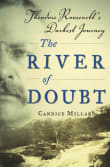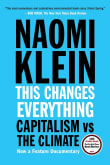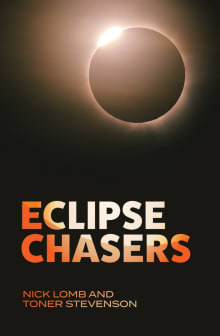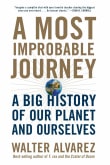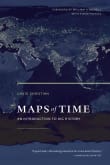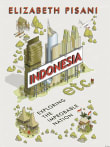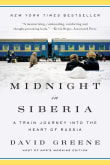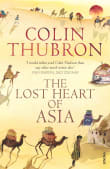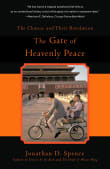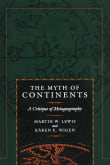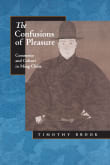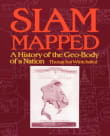Prisoners of Geography
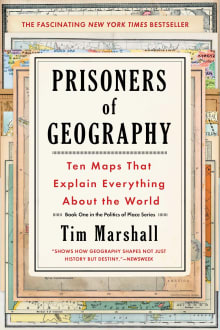
Book description
In this New York Times bestseller, an award-winning journalist uses ten maps of crucial regions to explain the geo-political strategies of the world powers—“fans of geography, history, and politics (and maps) will be enthralled” (Fort Worth Star-Telegram).
Maps have a mysterious hold over us. Whether ancient, crumbling parchments or generated…
Why read it?
4 authors picked Prisoners of Geography as one of their favorite books. Why do they recommend it?

When we think of maps, we usually assume they are about established geography, but that is completely wrong. Maps have been used to hold and elucidate everything about human behavior, especially politics and world affairs, and they vary dramatically in their presentations; the word “geopolitics” is spot on.
You might envision the world as a blue, green, and brown sphere, but geographers (and world leaders and their kind) then load on every layer possible about how humans divide up this global space. Think of nations, names of continents, where people live, what they eat. And then think of maps that…
From Meredith's list on maps and exploration changed the world.

I really liked this book, authored by the venerable Tim Marshall, as it provided an eye-opening perspective on global politics. The thing that stood out most for me was that geography, not theories of justice or ecological concerns, often dictates the interests and actions of major world powers.
In this sense, Marshall's incisive analysis on how physical landscapes is the driving force behind political decisions underscores the very harsh realities behind world affairs, making it an important read for any interested in truly comprehending what genuinely motivates global conflicts and policies today.
From Nada's list on deepen our understanding of the world around us.

This book has helped me to frame my own experiences of travel and how to write about other countries. In his wry, low-key, non-academic style, Marshall sweeps through history, arguing persuasively that geography—mountain ranges, seas, rivers, deserts, and so on—has been key to the rise and fall of empires and nations. Mountains form a natural barrier, not only to migration and commerce, but to invading armies; open plains make the movement of people, goods, and armies easier. Many national borders, especially those of former European colonies, are artificial and, unprotected by natural barriers, consequently fragile. Marshall, who has reported on…
From David's list on places people think are too dodgy to visit.
If you love Prisoners of Geography...

Tim Marshall has had a long and illustrious career in journalism as a foreign correspondent and Prisoners of Geography absolutely sparkles with his fascinating insights and clarity of thought. How have the development and fate of modern nations been defined by their locale? This is Big History lapping right up to the newspaper headlines of today.
From Lewis' list on big history.
If you love Prisoners of Geography...
Want books like Prisoners of Geography?
Our community of 12,000+ authors has personally recommended 100 books like Prisoners of Geography.

